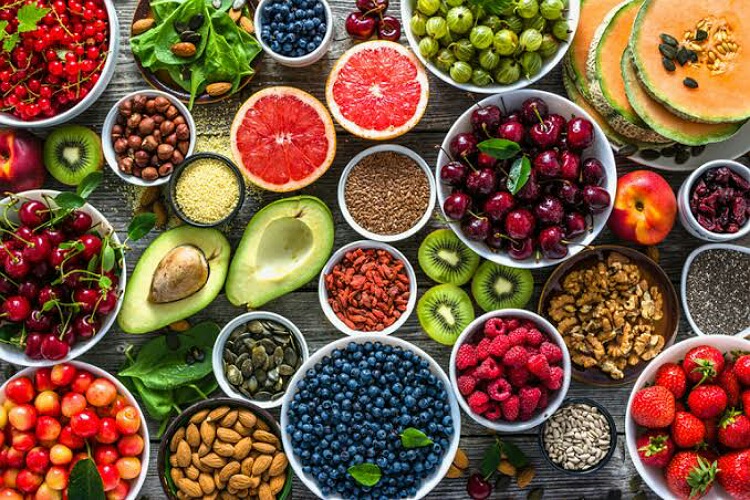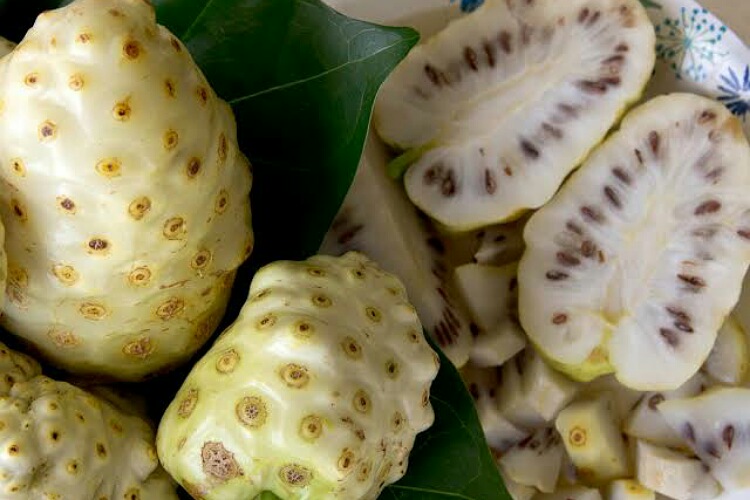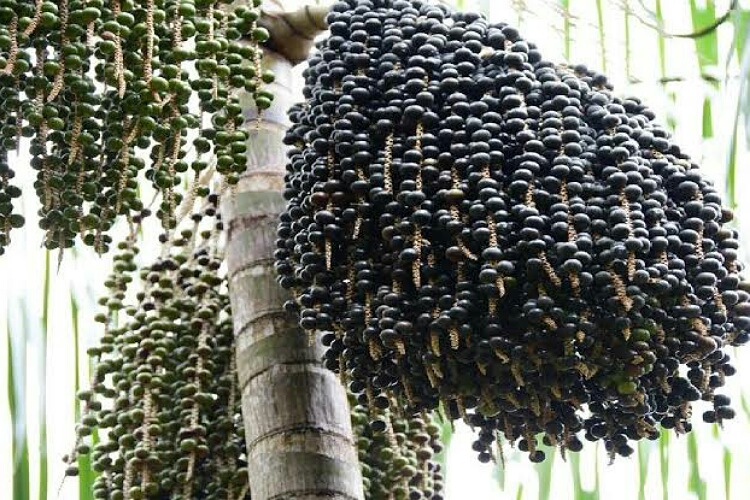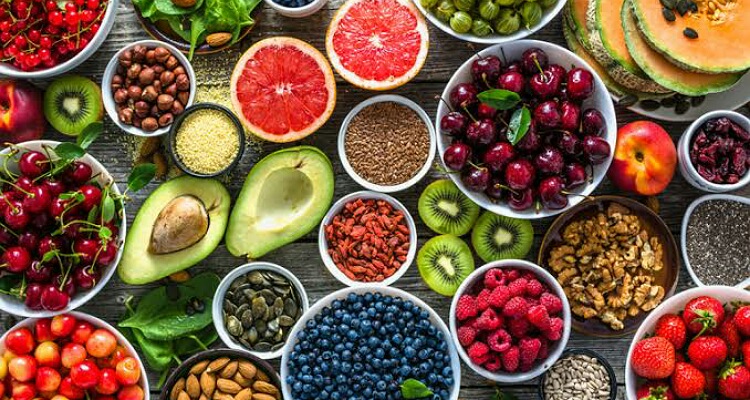Often when you read health articles on the internet you find the word ‘superfood’. It makes you feel nice and you want to read more on it.
You assume what is said is right and incorporate that particular food in your diet. But do you know that in 2007, European Union banned the use of this term?
Superfood and what it means?
The internet is flooded with articles on superfoods. Almost every fruit or nut is labeled a superfood. What does this term imply? How right and ethical is it to use this term?

Superfood has no official or scientifically approved definition. It means a food that provides health benefits due to its exceptional nutrient density.
But it is just a marketing term. Doctors, good dietitians, and nutrition experts refrain from using this term. Each and every food item has its own unique characteristics.
It has ample amounts of one food constituent but might lack the other. One has to add foods with different constituents to get a wholesome and balanced diet.
Hence it is neither right nor ethical to call a food a superfood unless there is strong scientific evidence in its favor.
Origin of the term
The term superfood was first cited in 1949 in a Canadian newspaper. At that time, the author of the article used this term while describing and praising muffin.
And in the next few years of the 20th century and also early part of this century, more and more people started using this term to describe certain foods the sales of which they wanted to increase.
It was a marketing gimmick and such products were more expensive than the ordinary foods. People using the term found fame and companies that used this term for their manufactured items saw a rise in its sales.
But in real fact, these foods had no superpower to change or improve a person’s life. It just became a fashionable term and celebrities too kept promoting foods employing this term.

Also, read here Food security crisis: EU and USA to meet in Paris to discuss it!
But the scientific and medical fraternity did not approve this term. They were upset and enraged by its constant wrong and unethical use.
Therefore, in 2007, the European Union came up with a legislation that banned the use of this term. No one can label products or call them superfoods unless there is a strong backing from properly conducted scientific research on it.
The EU added that an individual cannot just have a diet consisting of an assortment of the claimed superfoods.
Besides, the person can procure all the goodness just by having a diverse meal consisting of fruits and vegetables and the rest.
Catherine Collins, chief dietitian at St George’s Hospital, London, says:
“There are so many wrong ideas about superfoods that I don’t know where best to begin to dismantle the whole concept.”
Examples of superfoods
Many fruits, grains, and processed foods were getting sold under the label of superfoods. In fact, none of them are superfoods.
The list of those food items wrongly put under this label is long and endless. It includes blue berries, flax seeds, hemp seeds, chia seeds, avocado, quinoa, barley, oats, millets, and the like.
Very rare fruits that no one has even seen entered this list in the early 2000s in order to up their demand and earn profits.

These included noni from Oceania, goji and seabuckthorn from China, mangosteen from Southeast Asia, and açaí from tropical areas of South America.
Pomegranates were also sold as superfoods. It helped increase its sales in the early part before declining.
